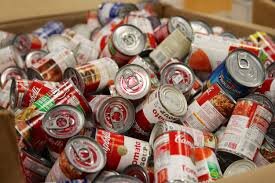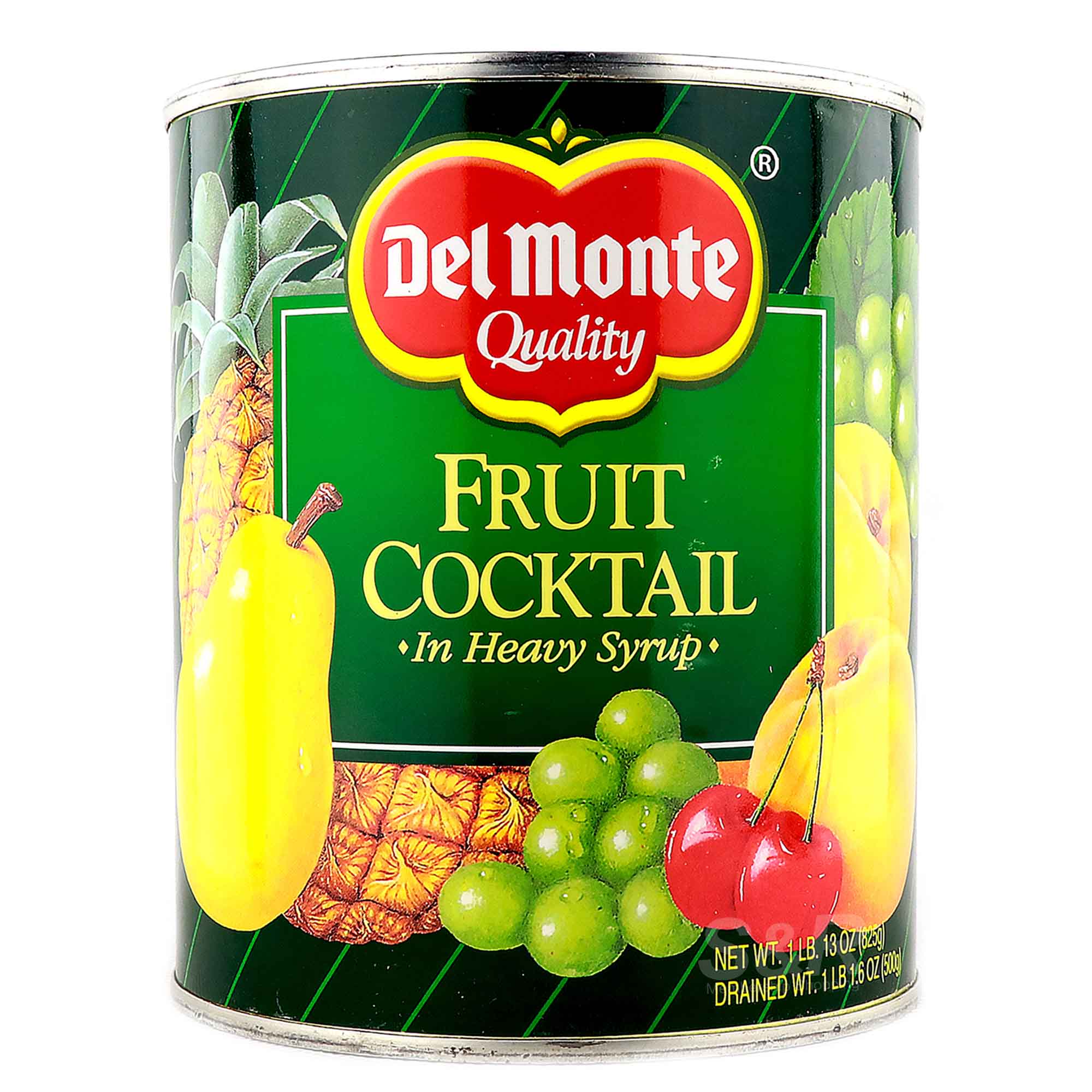I’d like to suggest that we all be as gentle as possible with each other in this unprecedented time.
I’m thinking specifically about the paradox of preparation:
Outstanding preparation and precaution often yield outstanding outcomes, but these outstanding outcomes often cause the preparation to seem unnecessary, silly, or an overreaction.
Japanese officials were characterized in this way when they closed all schools nationwide on February 27 with only a few confirmed cases of COVID-19 in their country. As world leaders like Trump insisted that coronavirus was “under control” and “a hoax,” the Japanese took this virus seriously.
Eleven days ago, with Japanese schools closed and coronavirus silently spreading across our country and scientists warning of a coming pandemic, Trump said, “They’re trying to scare everybody, from meetings, cancel the meetings, close the schools — you know, destroy the country. And that’s ok, as long as we can win the election.”
Two days after Japan closed its schools, Trump said, “When you have 15 people, and the 15 within a couple of days it’s going to be close to zero, I think we’ve done a pretty good job.”
Less than three weeks ago, Trump was proclaiming America nearly virus-free.
Meanwhile, Japanese school children were safe at home.
Today the Japanese are looking like geniuses.
Outstanding outcomes can also make the preparation before the outcome seem unnecessary. If social distancing, social isolation, and quarantine flatten the curve immensely and bring a screeching halt to the spread of this virus, some will say that these measures were never needed in the first place.
The behaviors that may ultimately save us will be seen in retrospect as an overreaction because they were so damn effective.
With all of this in mind, let us be exceptionally kind to each other. If you see someone in the grocery store wearing gloves and spraying sanitizer on every box that they touch (something I saw yesterday), don’t judge. Her preparation and extreme caution might just save her life.
Likewise, if someone has stockpiled three months of Campbell’s soup in their house, even though the chances of real food shortages are very unlikely, be gentle. That person might just need those cans of food for peace of mind.
If you have children at home, you can suddenly find yourself fearing the strangest things. Unreasonable possibilities can suddenly feel like reality, so if cans of soup can quell those fears, that is what we do.
I was talking to my neighbor yesterday (at a distance), and he, like us, has decided to isolated himself from the world as much as possible.
Grocery store and gas only.
He visits his elderly mother every day but refuses to enter her home. He sits in the middle of her front lawn, and she sits on the porch. It’s the only way he has agreed to visit her. She thinks this is ridiculous and unnecessary, and if she stays healthy and survives this pandemic in the peak of health, she may tease her son about his caution for years, but his caution might have saved her life.
That is the paradox of preparation. Preparation leads to good outcomes, but those good outcomes often make the preparation seem silly in retrospect.
So if your friend or loved one or neighbor has adopted exceptional precautions or is prepared beyond what seems to be reasonable, be gentle. If you’re about to tease or criticize or scoff, don’t.
An individual’s struggles, both internal and external, are unknowable. There is no telling what that person needs to be or feel safe. And there’s no telling how their preparation – as silly as it might seem now – might just save their life and the lives of the people who they could potentially infect.
Let’s be gentle with each other in these trying days.










